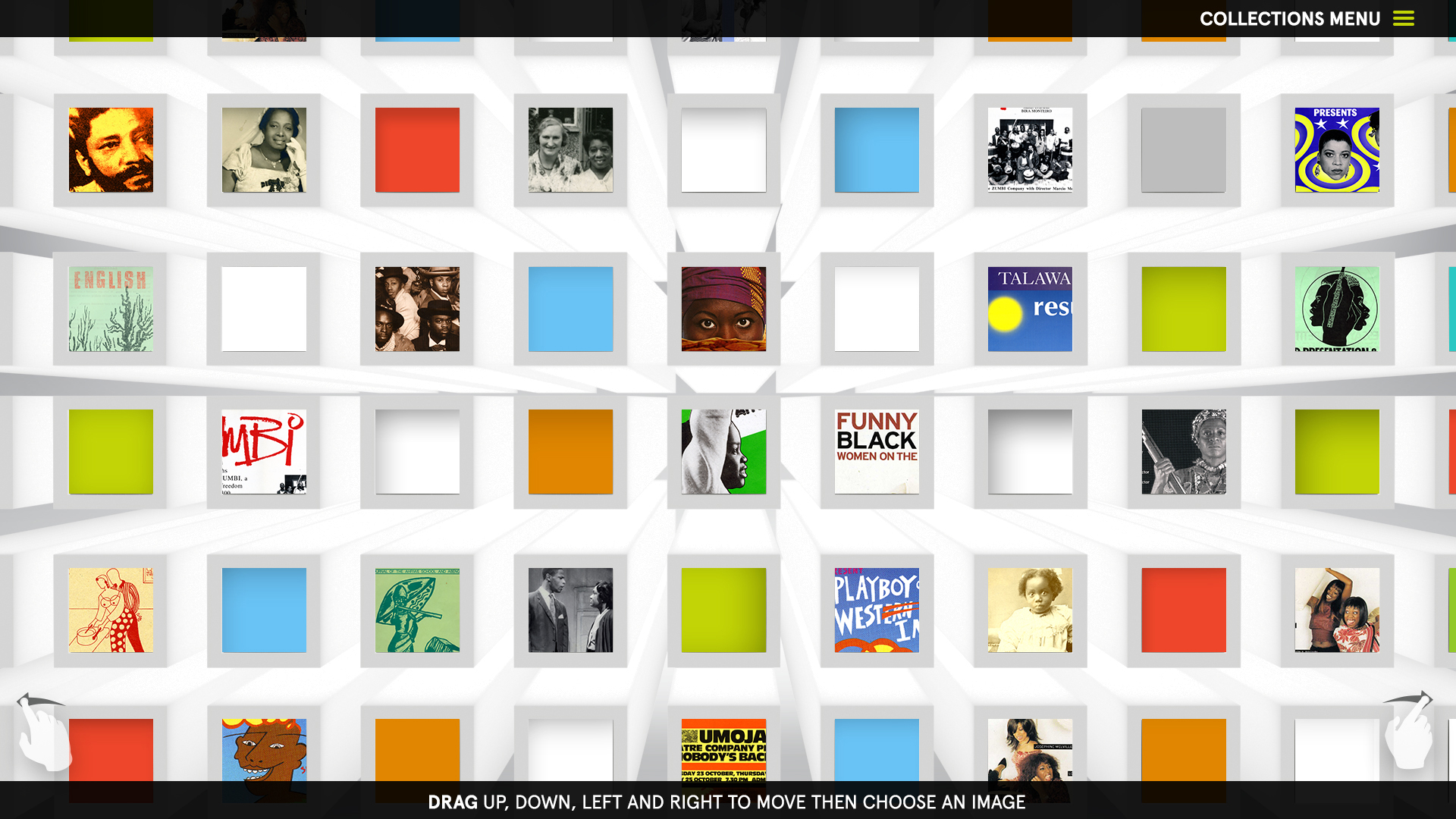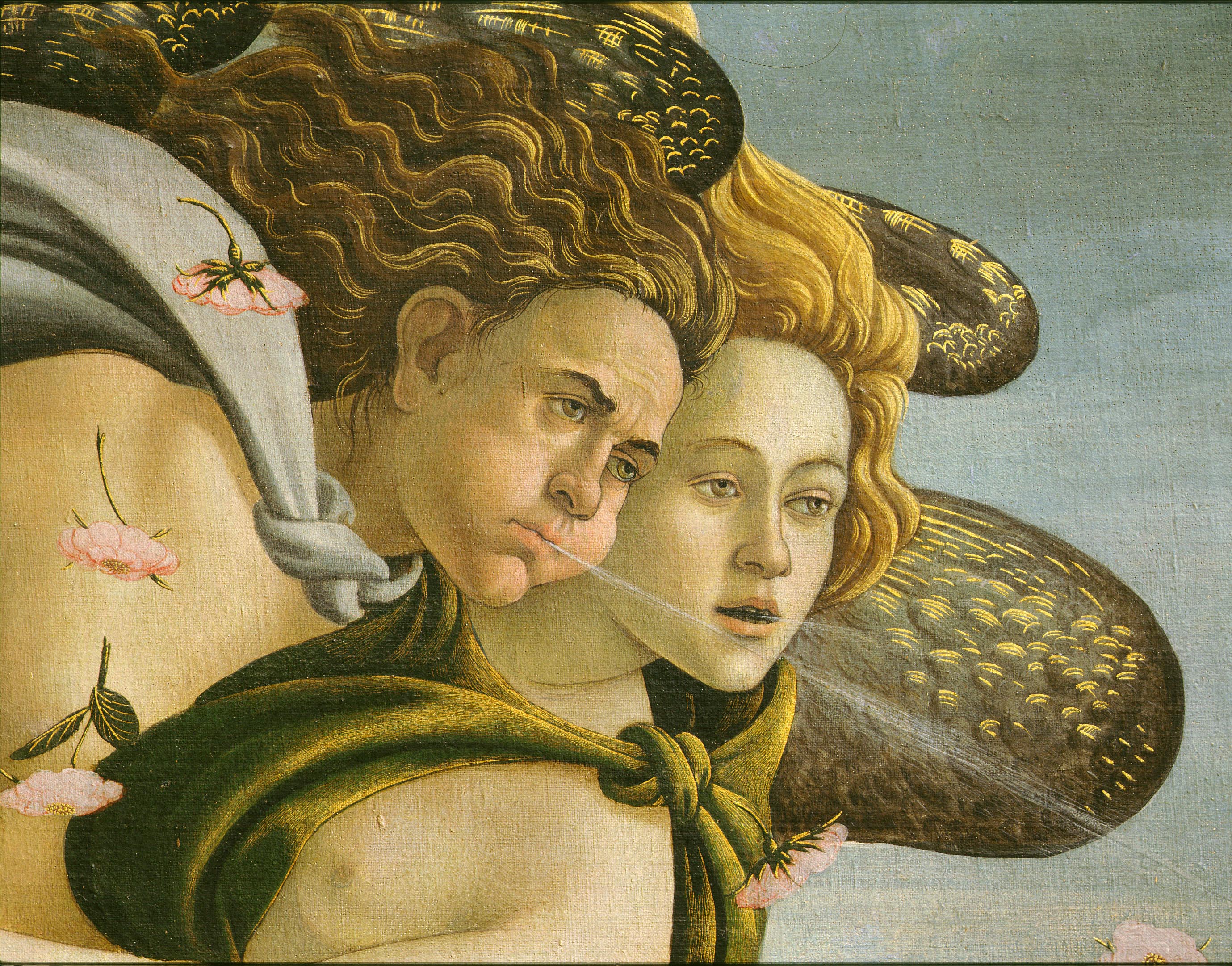

History within academia emerged in the 1970s, in complex yet undeniable The most formative impact in urging historians towards the 'cultural' – the domain of representation, the struggle over meaning – was the advent of interest in women and then gender, and this impact has not been sufficiently understood or appreciated by historians and those who observe them.Īlthough there are a few examples from earlier periods of history, and indeedĪ trickle of studies throughout the early 20th century, the field of women's Subjectivity beyond class formation and adherence. Led the most inspired historians to seek meaning beyond structure, and With inclusion and exclusion from the polity. Revealed that its main concerns were not based on class solidarity but Of its mobilisation and political effect but an analysis of its language Was first studied as an expression of class aspirations in the plenitude Their ideas and aspirations, the words that comforted or excited them,

Zemon Davis and Emmanuel Le Roy Ladurie showed that peasants and artisansĬould be studied historically, and that historians could try to understand The work was often inspiredīy acquaintance with Marx's theories of class conflict, and in Franceīy an indigenous version of a history situated within a geographical, Plantations and slave-owning economies, levels of literacy, all theseīecame visible, and often for the first time. Of workers, working-class politics, peasant economies, demographics of

History' of the 1960s and 1970s had produced a great deal of pioneeringĪnd exciting information about social relations and structures. Its operations are as illuminating when applied to courts, politics andĪrmies to the art and clothing, literature, grammar and music of theīefore cultural history became so important to the work of historians, some It is wrong to think of cultural history as a 'people's history' alone Lives of people who did not generate a great deal of documentation. Sound and viable ways of approaching and identifying ways into the daily This has meant thatĬultural historians have often also been innovators in the search for – cultural historians seek out the practices through which religion wasĭisseminated, experienced, interpreted and applied. Of doctrine, theology and ecclesiastical structures – areas long studied Obligation, conjugality, with all the contradictions and points of pressureĪnd conflict which they induced in people's lives. Or age at marriage, cultural historians probe the ideas about family, Historian who calculates the historical movements of the size of family, There is more than a grain of truth in the view that cultural history can be exercised in every field of activity: politics, economics, kinship, gender, religion and all their interlocking and overlapping domains. Some observers have been frustrated with cultural history that seems at times to be the 'history of everything', not without reason. It is not just, what the German term Kulturgeschichte denotes, a study of the activities within the sphere of 'high culture' nor is it exclusively to be seen as an exercise in interpretation of symbolic acts and rituals of people in the past. Cultural history I: what's in a name? Miri RubinĬultural history is not to be defined by a set of rules or a distinct subject matter.


 0 kommentar(er)
0 kommentar(er)
